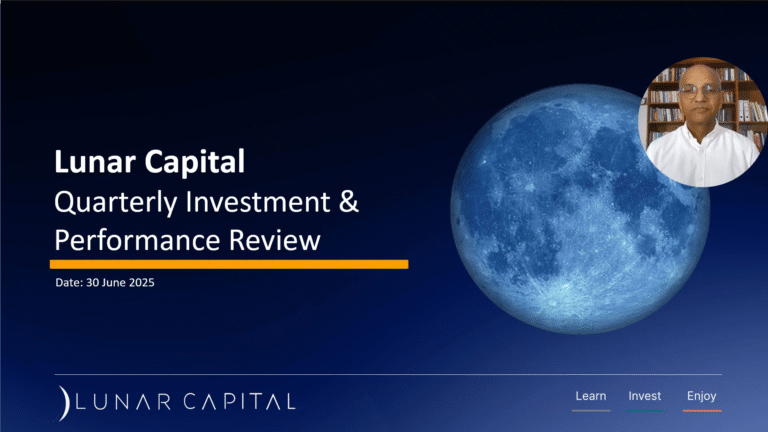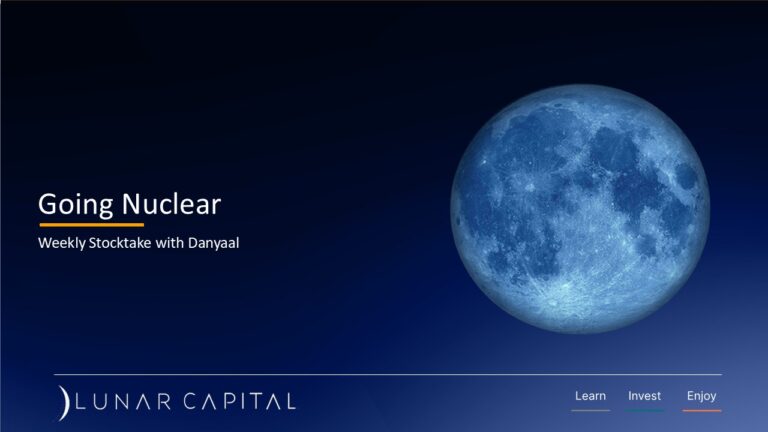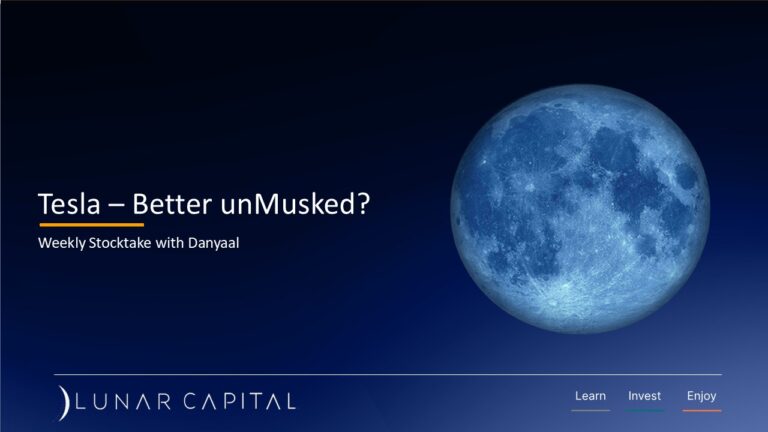Lunar Capital Weekly Roundup
| Index / Fund / Rate | Start of Year | Last week | This Week | % change YTD |
|---|---|---|---|---|
| JSE ALSI | 73 723 | 66 584 | 63 417 | -9.68% |
| NASDAQ Composite | 15 833 | 11 448 | 10 868 | -27.69% |
| S&P 500 | 4 797 | 3 873 | 3 693 | -19.25% |
| Prime Lending Rate | 7.25% | 9.00% | 9.75% | 24.14% |
| Lunar BCI WW Flexible Fund | 165.68 | 146.28 | 141.45 | -11.71% |
| USD/ZAR | 15.96 | 17.62 | 17.96 | 10.40% |
| EUR/ZAR | 17.95 | 17.65 | 17.35 | -1.67% |
| Brent Crude | 77.86 | 91.53 | 86.63 | 17.56% |
Source: Iress
Company and Market News
Last week, we saw the central banks of the United States of America, United Kingdom and South Africa increase their respective interest rates. Their decisions were based on trying to tame inflation in their respective economies remaining at higher levels than where they each would like it to be. The US Federal Reserve increased its rates by 75 basis points which resulted in its Federal Fund Rates being in the region of 3.0 to 3.25 percentage points. The Bank of England increased its interest rate by 0.5 percentage points to 2.25 percentage points. The last time these interest rates were seen in the UK, was during the 2008 global financial crisis. Last year, the Bank of England interest rates were as low as 0.1%. Lastly, South Africa increased its repo rate by 75 basis points taking the SA repo rate to 6.25% with our prime lending rate now at 9.75%.
With the increase in interest rates in mind, it’s worth looking at how the components of the consumer price index are changing. And what is still driving the current CPI levels. Let us look at the US as an example. In the US, they break down the components of the CPI basket into 3 categories: Food, Energy, and All items less food and energy. Food prices in the US have increased by 11.4% year-on-year. Energy has been the main contributing factors to the higher inflation figures. Year-on-year, energy prices increased by 23.8%, despite a decrease of 5% for the month of August. All items less food and energy category, which includes medical services, transportation and shelter – has increased 6.3% year-on-year.
Overall year-on-year inflation in the US was 8.3%. And month-on-month inflation was 0.1%.
The central banks are effectively trying to decrease spending by making it more expensive for consumers to borrow. This in turn, should bring down the level of demand for certain goods as consumers would not be able to buy the same number of goods and services with their current wallet. Producers would then see where they can decrease prices so as to decrease their inventory levels and sell more goods.
A major concern is that aggressive interest rate increases to tame inflation and high energy prices could lead to a recession in many economies around the world. Central bankers fear that runaway inflation could pose a bigger problem than a temporary recession and hence the drive to bring inflation lower.
Read our full Disclosure statement: https://lunarcapital.co.za/disclosures/
Our Privacy Notice: https://lunarcapital.co.za/privacy-policy/
The Lunar BCI Worldwide Flexible Fund Fact Sheet together with our Disclaimers can be read here.
A&EO.





